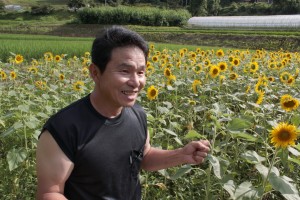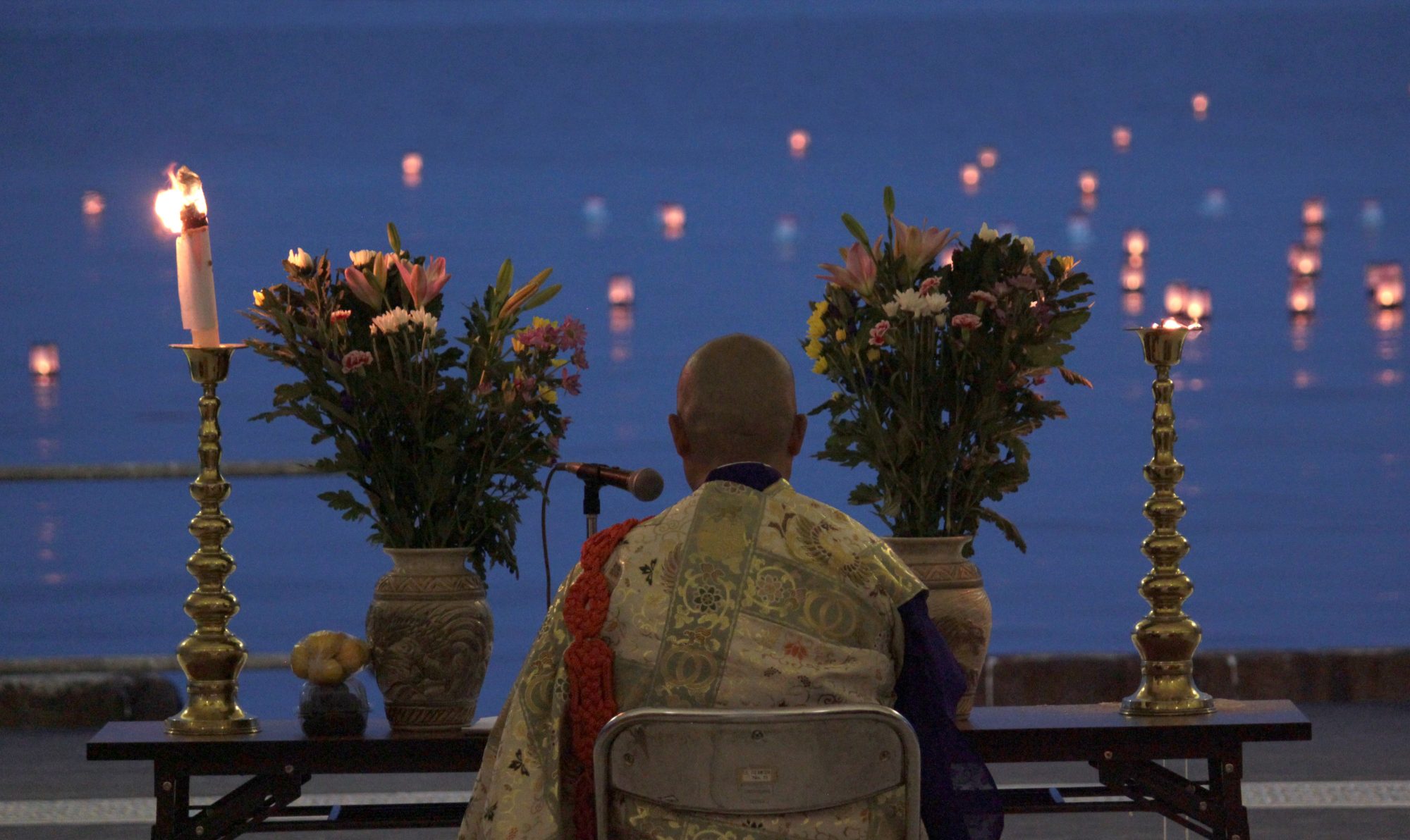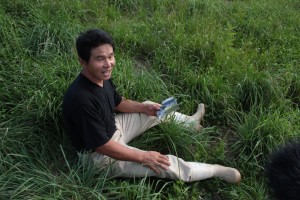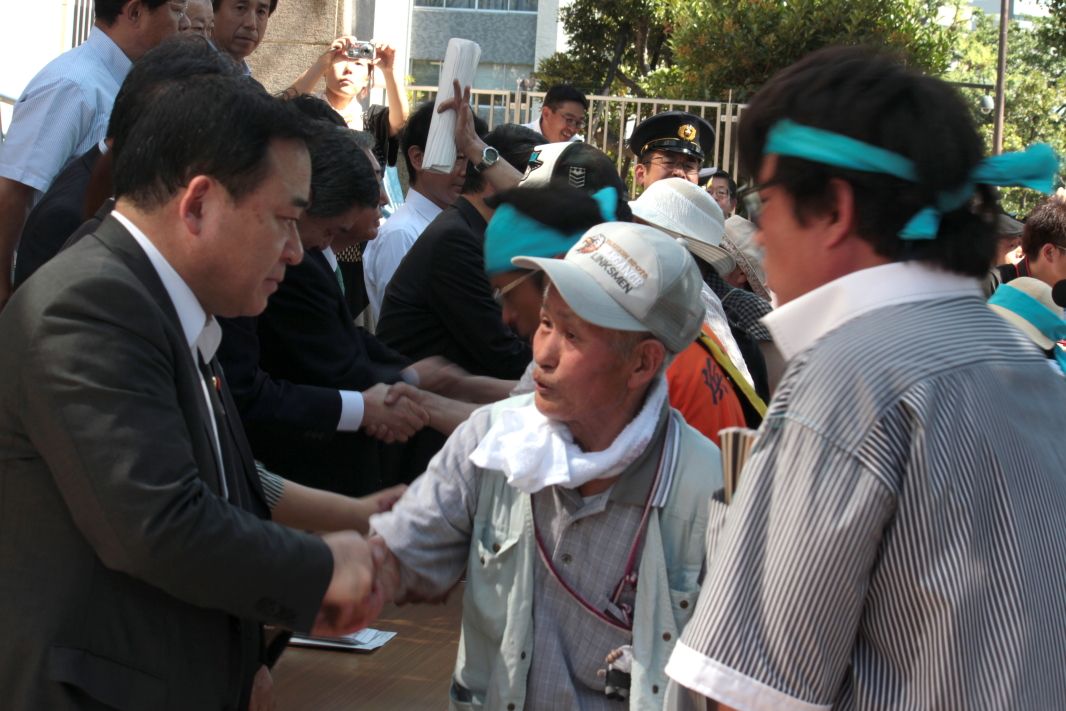by Ed M. Koziarski
Grist Magazine
9/20/2011
 Round, rough-skinned pears fill our Fukushima City apartment. Before the pears it was enormous, impossibly succulent peaches. Apples will be next.
Round, rough-skinned pears fill our Fukushima City apartment. Before the pears it was enormous, impossibly succulent peaches. Apples will be next.
Prior to the meltdown at the Fukushima Daiichi Nuclear Power Plant six months ago, people all across Japan would send seasonal Fukushima-grown fruit to their relatives and neighbors. But now those outside Fukushima are too wary of possible radioactive contamination in produce grown here — and the fruit piles up.
The locals live with the risk. With a surplus of crops growing in the adjacent countryside, the fruits circulate in Fukushima like proverbial American fruitcakes at Christmas. We conspired to regift a box of pears to one neighbor, but they beat us to it and gave us another box. So we eat them all.











